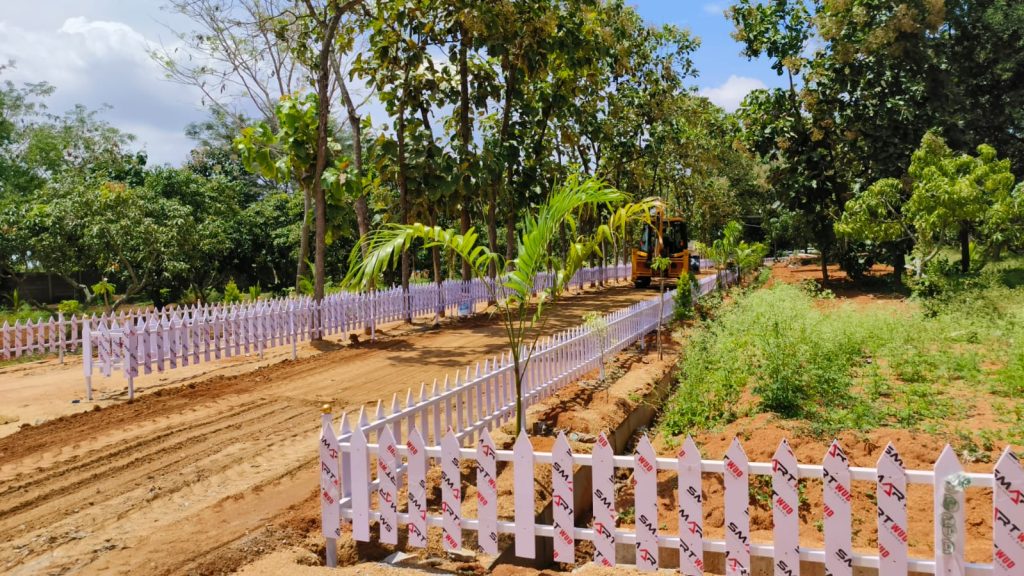
In recent years, sustainable agriculture has been gaining momentum as a way to mitigate the negative impact of industrial agriculture on the environment and human health. With a growing population and limited resources, it is essential to ensure that our agricultural practices are sustainable in the long-term. This is where managed farmlands near Bangalore come into play.
Managed farmlands, also known as agroforestry or permaculture, are farms that incorporate a range of crops and trees to provide multiple benefits. These farms have gained popularity in recent years due to their ability to enhance soil fertility, increase food production, and provide a habitat for wildlife.
In Mysore, which is located near Bangalore, many farmers are now turning towards managed farmlands to help bridge the gap between conservation and agriculture. These farms use ancient techniques and modern technology to create systems that work with the natural environment, rather than against it.
One of the benefits of managed farmlands is increased crop diversity. By growing a range of crops, farmers can decrease their reliance on chemical fertilizers and pesticides that can have negative impacts on the environment. Additionally, the variety of crops helps to reduce soil erosion, improve soil health, and reduce the likelihood of crop failure.
Another benefit of managed farmlands is soil improvement. By incorporating trees, shrubs, and other plants into the farm, farmers can increase soil fertility and structure. The roots of trees and shrubs help to break up compacted soil, allowing water and nutrients to penetrate more deeply. This results in healthier soil and better crop growth.
Managed farmlands also play a crucial role in sustainable agriculture by providing habitat for wildlife. These farms are designed to work with wildlife, rather than against them. By incorporating natural features such as hedgerows, ponds, and snags, farmers can create habitats for birds, insects, and other wildlife. This biodiversity not only supports the natural ecosystem but also increases pollination rates, which is essential for crop success.
In conclusion, managed farmlands near Bangalore are a critical component of sustainable agriculture. These farms provide a range of benefits, including increased crop diversity, improved soil health, and biodiversity. They work to enhance the natural environment while also supporting local food production. As we move towards a greener future, managed farmlands will play an essential role in promoting sustainability and conservation in agriculture.